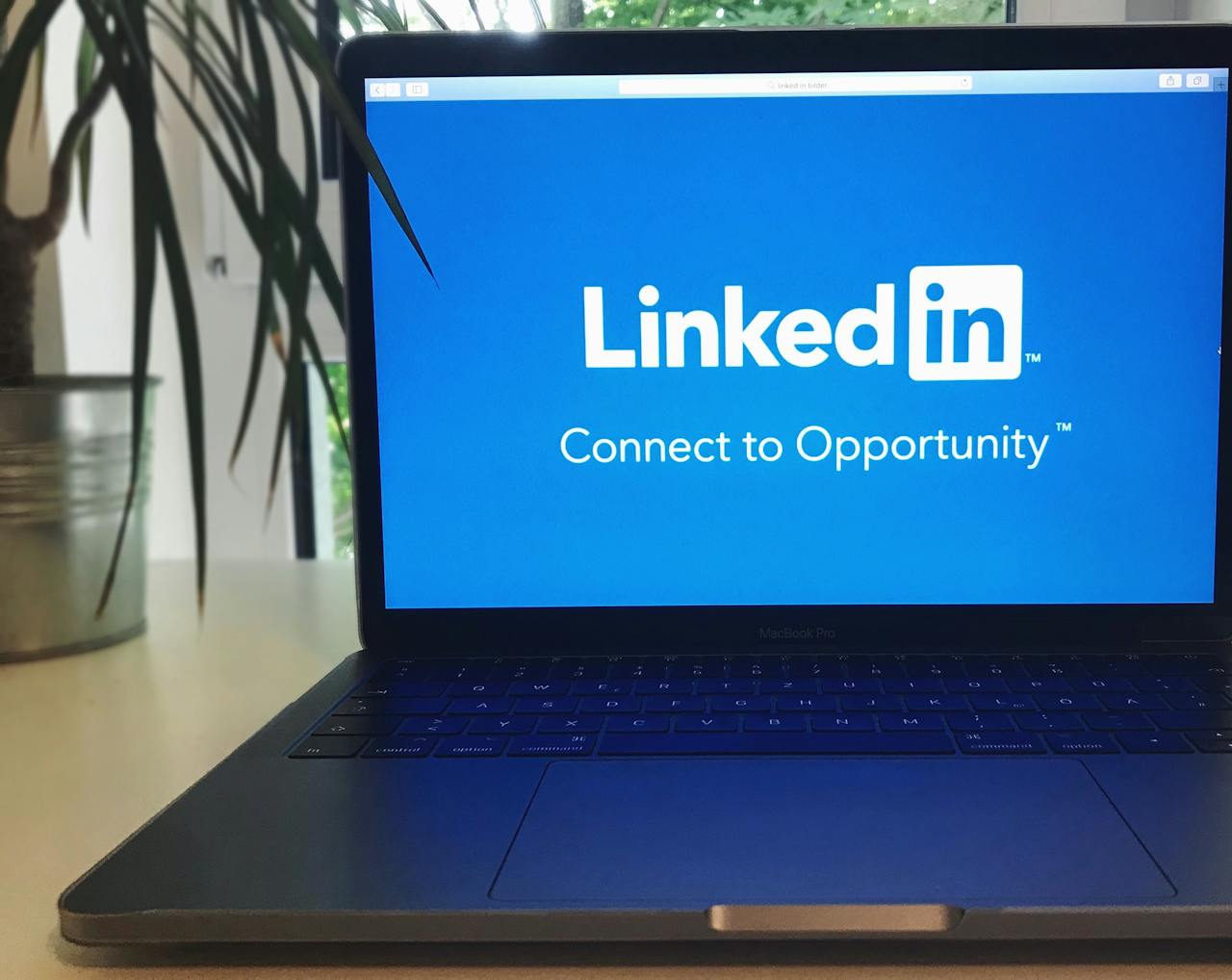Networking matters: learn how to make strong connections

In the U.S., networking is one of the most powerful tools for career success. Studies show 70% of jobs are filled through networking, not just applications.
The right connections can open doors to job opportunities, mentorships, and career growth.

Find Job Opportunities at Top US Companies
If you are looking for a job opportunity in the United States, major companies like Amazon, Walmart, Starbucks, and others offer a wide range of positions!
In this guide, you’ll learn how to build and expand your professional network in the U.S., whether you’re a newcomer, career changer, or looking to grow.
🎯 Why Networking is Essential in the U.S. Job Market
Unlike some countries where job applications are the main hiring method, the U.S. job market heavily relies on referrals and recommendations. Here’s why networking matters:
✅ More job opportunities – Many positions are never posted online (“hidden job market”).
✅ Stronger applications – A referral from a connection can push your resume to the top.
✅ Career development – Networking helps you learn industry trends and gain mentorship.
✅ Higher salaries – Professionals with strong networks often get better job offers.
Now, let’s go step by step to build a powerful professional network!
📝 Step-by-Step Guide to Networking in the U.S.
1. Optimize Your LinkedIn Profile
LinkedIn is the #1 networking tool in the U.S. for job seekers and professionals. To get noticed:
✔ Use a professional photo – Profiles with photos get 21x more views.
✔ Write a strong headline – Example: “Marketing Specialist | SEO & Social Media Expert.”
✔ Create a compelling ‘About’ section – Highlight your skills, experience, and career goals.
✔ Stay active – Share industry news, comment on posts, and engage with others.
✅ Pro Tip: Expand your network with recruiters, industry professionals, and former colleagues.
2. Attend Networking Events & Career Fairs
In-person networking is still one of the best ways to make strong connections. Look for:
📌 Industry Conferences & Events – Join events related to your field (marketing, tech, healthcare, etc.).
📌 Career Fairs – Many companies recruit talent directly at job fairs.
📌 Meetup Groups – Websites like Meetup.com offer professional networking groups.
✅ Pro Tip: Bring business cards and practice a short introduction about yourself.
3. Join Professional Associations & Groups
Professional organizations help you meet industry leaders, access exclusive job postings, and gain certifications.
✔ For Tech: IEEE, CompTIA, or ACM
✔ For Business & Finance: CFA Institute, SHRM, or PMI
✔ For Healthcare: AMA, ANA, or AAPA
✔ For Marketing & Media: AMA or PRSA
✅ Pro Tip: Membership often includes networking events, mentorship programs, and job boards.
4. Use Informational Interviews to Build Connections
An informational interview is a casual meeting where you learn about a job or industry from an experienced professional.
📌 How to Set Up an Informational Interview:
1️⃣ Find professionals in your field on LinkedIn.
2️⃣ Send a polite message:
“Hi [Name], I admire your career in [industry]. I’d love to learn more about your experience at [Company].
Would you be open to a quick 15-minute chat?”
3️⃣ Ask insightful questions during the conversation.
✅ Pro Tip: Do NOT ask for a job directly—focus on learning and building a relationship.
5. Leverage Alumni Networks
Your university’s alumni network can be a great resource if you studied in the U.S. or abroad.
✔ Check your university’s LinkedIn page – Many alumni are willing to help students and graduates.
✔ Attend alumni networking events – Many schools host career fairs and mentoring programs.
✅ Pro Tip: Alumni connections often lead to job referrals and exclusive opportunities.
6. Engage in Online Networking & Communities
Aside from LinkedIn, many industries have online communities where professionals exchange job leads and advice.
✔ Reddit (r/jobs, r/cscareerquestions, r/marketing, etc.) – Job search and career advice.
✔ Slack Groups – Many industries have Slack workspaces for networking.
✔ Facebook & WhatsApp Groups – Some career fields have dedicated networking groups.
✅ Pro Tip: Join active discussions and offer valuable insights to build credibility in your field.
7. Give Before You Ask
Networking isn’t just about getting—it’s also about giving. The best way to build strong relationships is to:
✔ Share job leads with others.
✔ Offer help when possible (resume reviews, industry advice).
✔ Celebrate others’ achievements (like and comment on their successes on LinkedIn).
📌 Example: If a connection posts about a job opening, share it with your network or refer someone who might be a good fit.
✅ Pro Tip: People are more likely to help you in return when you offer value first.
🚀 Common Networking Mistakes to Avoid
🚫 Only reaching out when you need a job – Networking should be an ongoing habit.
🚫 Ignoring follow-ups – Always send a short thank-you message after networking events.
🚫 Failing to research before networking – Be informed about the person or company you’re contacting.
🚫 Being too aggressive – Don’t push for a job in the first conversation.
✅ Pro Tip: The best time to build a network is before you need one!
🎯 Conclusion
Building a strong professional network in the U.S. can open doors to new job opportunities, career growth, and mentorship.
By actively engaging in LinkedIn, attending events, and fostering genuine connections, you’ll increase your chances of success in the job market.
Now that you’ve learned how to network effectively, take the next step:

LinkedIn: How to Optimize Your Profile
In this guide, you’ll learn how to structure and optimize your LinkedIn profile to stand out, attract recruiters, and land more job opportunities.
